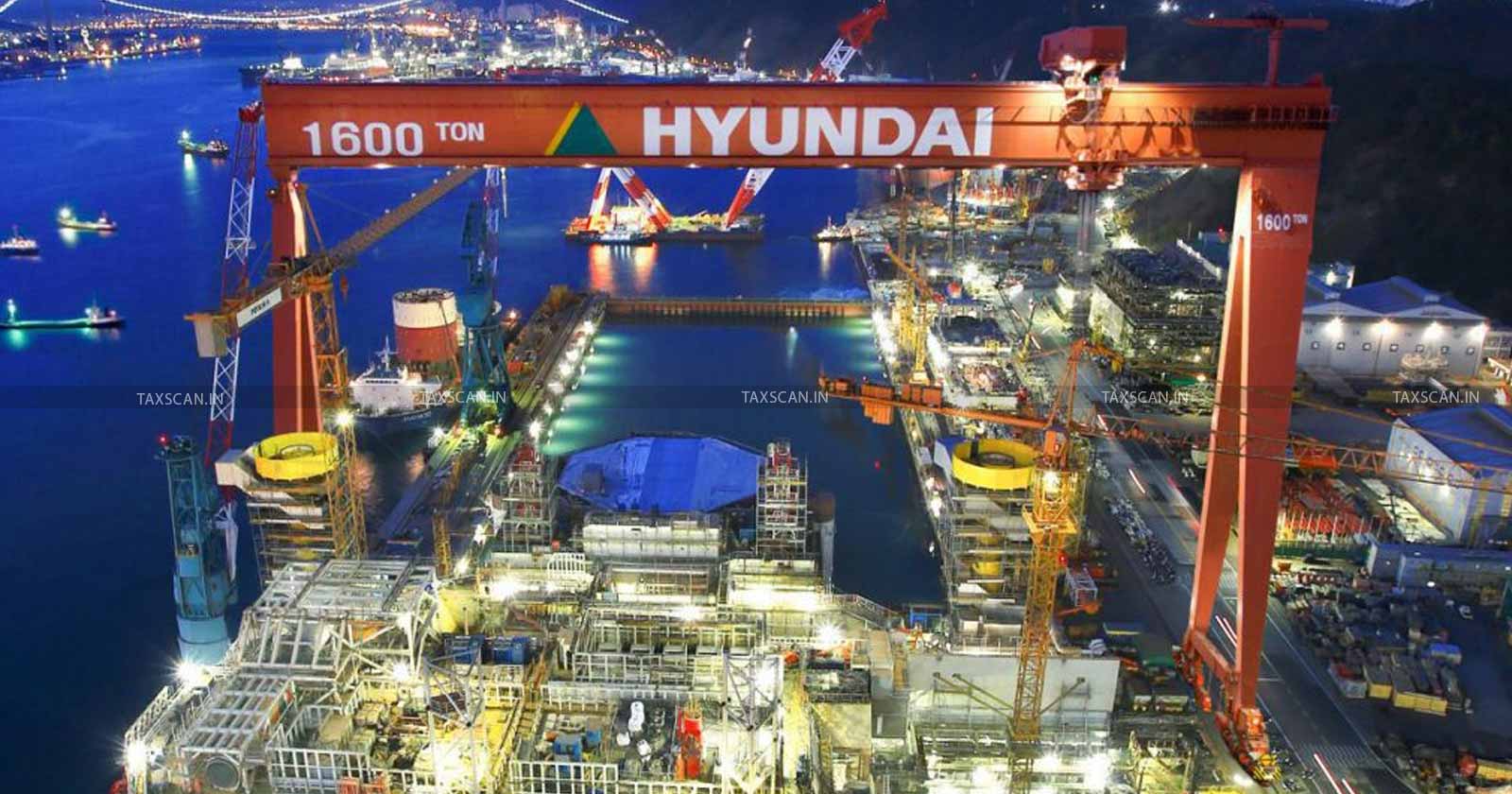Is Excessive Share Premium a Capital Receipt or Income? Supreme Court to determine Taxability of ₹679 Cr [Read Order]
The Supreme Court admitted an appeal filed by the Revenue against an order of the Bombay High Court
![Is Excessive Share Premium a Capital Receipt or Income? Supreme Court to determine Taxability of ₹679 Cr [Read Order] Is Excessive Share Premium a Capital Receipt or Income? Supreme Court to determine Taxability of ₹679 Cr [Read Order]](https://images.taxscan.in/h-upload/2025/11/13/2104921-share-premium-capital-income-taxscan.webp)
The Supreme Court of India recently admitted an appeal filed by the Income Tax Department, challenging a Bombay High Court ruling that held excessive share premium receipts were ‘capital’ in nature and thus not eligible to tax as ‘income’ under the Income Tax Act, 1961.
The primary issue centres on whether a company’s receipt of excessive share premium can be treated as taxable income under Section 147 of the Income Tax Act, 1961, for the purpose of reopening completed assessments.
 Also Read:Overriding effect of Article 5(3) of DTAA: Supreme Court Adjourns Hearing in Hyundai Heavy Industries Taxation Appeals [Read Judgement]
Also Read:Overriding effect of Article 5(3) of DTAA: Supreme Court Adjourns Hearing in Hyundai Heavy Industries Taxation Appeals [Read Judgement]
The factual matrix follows the respondent company, SLS Energy Pvt. Ltd. (SLS Energy), which received a share premium amounting to ₹6,79,32,00,000 during the Assessment Years (A.Y.) 2010-11 and 2011-12.
The jurisdictional Assessing Officer (AO) alleged that the share premium amount was excessive and unjustified based on intrinsic valuation and the net asset value method. Consequently, the Department issued notices under Section 148 seeking to reopen the assessment, asserting that such premium represented income that had escaped assessment due to the assessee’s failure to disclose true and full particulars.
SLS Energy was represented before the Bombay High Court by V. Sridharan, along with B.V. Jhaveri, Sriram, Ravi Sawana, Dinesh Kukreja and Bhargavi Rawal - who contended that the receipt of share premium was a capital receipt and not chargeable to tax under any provision applicable to the relevant years.
It was further argued that the amendments brought about by The Finance Act, 2012, introducing Section 56(2)(viib) and the first proviso to Section 68 were prospective from A.Y. 2013-14 and could not be invoked retrospectively.
Section 56(2)(viib) - Income from Other Sources
(viib) where a company, not being a company in which the public are substantially interested, receives, in any previous year, from any person being a resident, any consideration for issue of shares that exceeds the face value of such shares, the aggregate consideration received for such shares as exceeds the fair market value of the shares:
Provided that this clause shall not apply where the consideration for issue of shares is received—
(i) by a venture capital undertaking from a venture capital company or a venture capital fund; or
(ii) by a company from a class or classes of persons as may be notified by the Central Government in this behalf.
******
Section 68 — Cash Credits
Where any sum is found credited in the books of an assessee maintained for any previous year, and the assessee offers no explanation about the nature and source thereof or the explanation offered by him is not, in the opinion of the Assessing Officer, satisfactory, the sum so credited may be charged to income-tax as the income of the assessee of that previous year:
Provided that where the assessee is a company (not being a company in which the public are substantially interested) and the sum so credited consists of share application money, share capital, share premium or any such amount by whatever name called, any explanation offered by such assessee-company shall be deemed to be not satisfactory, unless—
(a) the person, being a resident in whose name such credit is recorded in the books of such company, also offers an explanation about the nature and source of such sum so credited; and
(b) such explanation in the opinion of the Assessing Officer has been found to be satisfactory:
The Revenue, represented by Akhileshwar Sharma and Shilpa Goel, defended the reassessment, asserting that the magnitude of the premium warranted deeper scrutiny and thus sought to reopen the assessment in terms of the disputed income.
The Division Bench comprising Justice Dhiraj Singh Thakur and Justice Kamal Khata accepted the assessee’s contention, observing that the Assessing Officer had merely formed a belief on the basis of suspicion rather than tangible material. The Court reiterated that receipt of share premium was capital in nature, following the precedent in Vodafone India Services Pvt. Ltd. v. Union of India (2014), and held that reopening under Section 147 amounted to a change of opinion. Consequently, the reassessment notices and orders were quashed.
The present appeal has been filed by the Revenue, impugning the judgment delivered by the Bombay High Court.
The revenue contested the matter before the Apex Court, being represented by N Venkatraman, Raj Bahadur Yadav, Ishaan Sharma, Annirudh Sharma Ii and Rajesh Kumar Singh.
Meanwhile, SLS Energy was represented by S Sriram, Shivam Gupta, Charanya Lakshmikumaran, Ajay Vohra, Ankur Saigal, Mahesh Agarwal, M.s. Ananth, Alok Yadav, Sayaree Basu Malik, Bedotroyi Gupta and E. C. Agrawala.
The bench of Justice B.V. Nagarathna and Justice R. Mahadevan on November 7, 2025, heard the submissions made by the Counsel and directed that the matter be listed on 8 December, 2025 to deliberate upon the broader question of whether such share premium could be treated as taxable income or remained a capital receipt.
 Also Read:GST Duty on Hajmola Candy Already Settled by SC: Allahabad HC Stays Fresh Proceedings Against Dabur India Ltd [Read Order]
Also Read:GST Duty on Hajmola Candy Already Settled by SC: Allahabad HC Stays Fresh Proceedings Against Dabur India Ltd [Read Order]
Support our journalism by subscribing to Taxscan premium. Follow us on Telegram for quick updates



